Articles
Understanding the Different Types of Life Insurance Policies
A comprehensive guide to term life, whole life, and universal life insurance, including the pros and cons of each type.
July 27, 2024

Life insurance can feel like a complex topic, but it doesn't have to be. When it comes to choosing a policy, understanding the three main types - term life, whole life, and universal life - is key. Each offers distinct advantages and disadvantages, making it crucial to find the one that aligns with your needs and goals.
1. Term Life Insurance: Pure Protection, Focused Coverage
This is a type of insurance that provides temporary coverage at a relatively low cost. You pay a premium for a set period (e.g., 10, 20, or 30 years). If you pass away during this time, your beneficiaries receive a death benefit.
Let's say you and your partner have a young family. You have a mortgage, childcare expenses, and dreams of your children's college education. Term life insurance can be a powerful tool in case of the unexpected and can provide a financial safety net for the future of your children until they become adults.
Benefit: Term life is the most affordable option and you can choose how many years and how much you want be covered for.
Drawback: Term life has no cash value. Once the term ends, the policy expires unless you renew it, and premiums can increase significantly upon renewal.
Who Should Consider Term Life?
- Young families needing financial protection while raising children.
- Individuals with temporary financial obligations like a mortgage.
- Those seeking affordable coverage without a long-term commitment.
2. Whole Life Insurance: Coverage for Life, Cash Value Growth
Whole life insurance is a type of permanent life insurance that provides coverage for the entire lifetime of the policyholder, as long as premiums are paid. Unlike term life insurance, which offers protection for a specific period, whole life insurance combines a death benefit with a savings component, known as the policy's cash value.
Key Features of Whole Life Insurance
- Lifetime Coverage: Unlike term life, whole life stays active as long a you pay premiums, providing peace of mind for lifelong protection.
- Protection & Growth: Your premiums ensure a death benefit payout, while a portion grows as cash value over time. Policyholders can borrow against this cash value or withdraw it, though doing so may affect the death benefit.
- Predictable Costs: Premiums typically stay level throughout the policy making it easier for policyholders to budget over the long term
Who Should Consider Whole Life?
- Individuals seeking lifetime coverage and a cash value benefit.
- Those who want a way to accumulate long-term savings.
- People who may need to access cash in the future for emergencies or opportunities.
3.Variable Universal Life Insurance: Flexible Coverage, Investment Potential
Universal Life Insurance or known as Variable-Unit Linked Insurance is a type of life insurance that combines the benefits of life coverage with investment opportunities. This product allows policyholders to invest a portion of their premiums in various investment funds, such as stocks, bonds, or mutual funds, in addition to their death benefit.
Benefit: Universal life offers flexible premiums for your life coverage. You can adjust your coverage amount and premium payments within limits. You also have the option to attach additional benefits to your insurance policies through add-on riders.
Drawback: Universal life policies can be complex and come with fees. The investment value is not guaranteed and depends on market performance.
Who Should Consider Term Life?
- Individuals seeking flexibility in coverage and premiums.
- Those comfortable with some investment risk for potentially higher investment growth.
- People who may need to adjust their coverage needs over time.
Choosing the Right Policy
The best life insurance type depends on your specific circumstances. Consider your age, financial goals, budget, and desired level of coverage. Consulting with an insurance professional can help you navigate your options and find the policy that best suits your needs.
Talk to one of our trusted advisors and have peace of mind about the future


